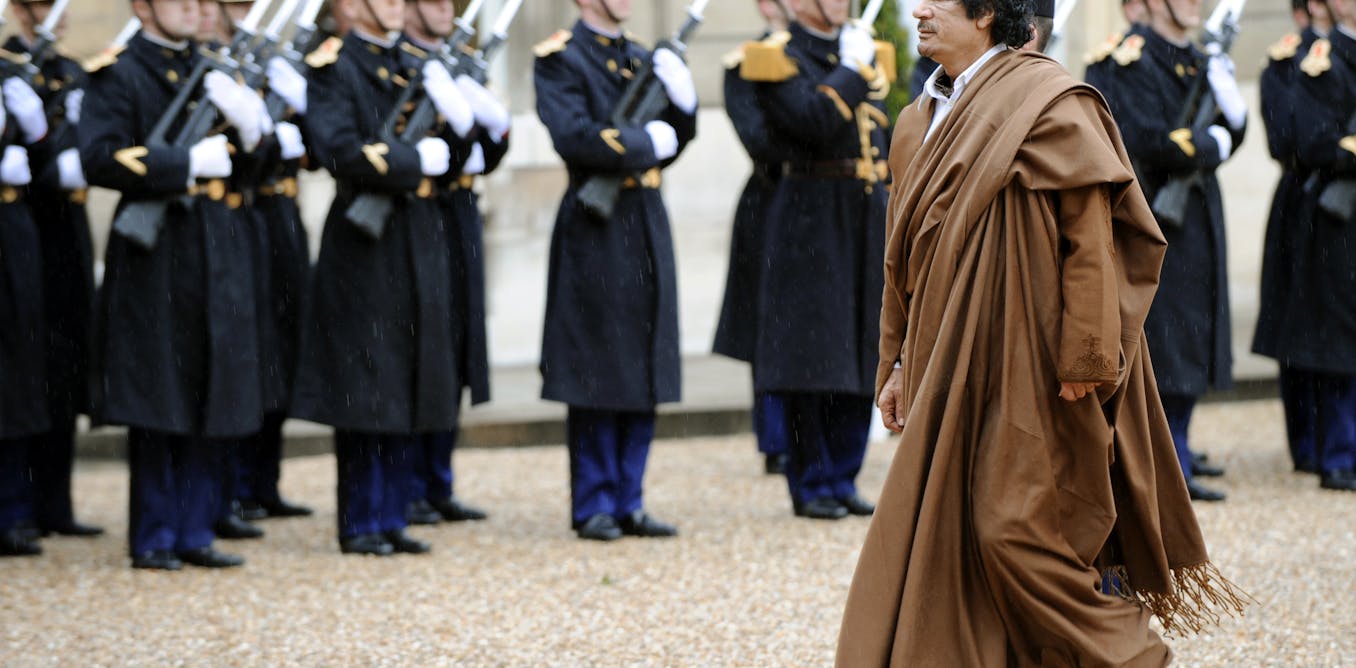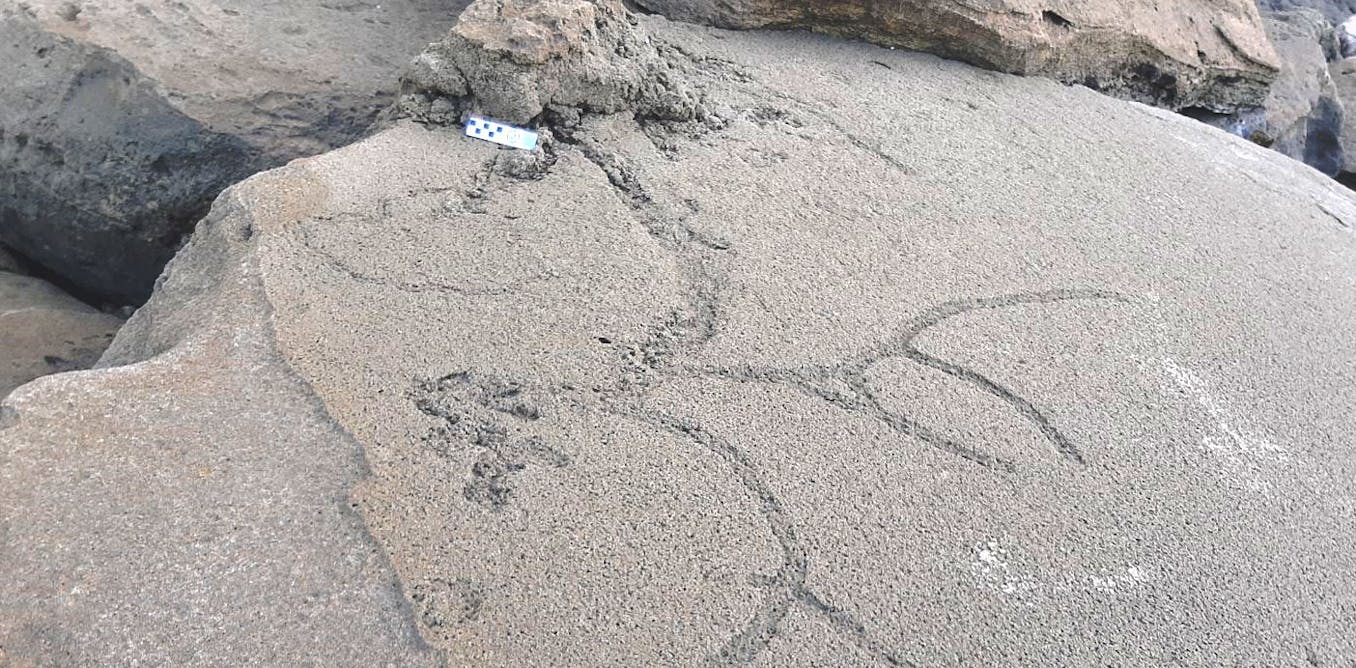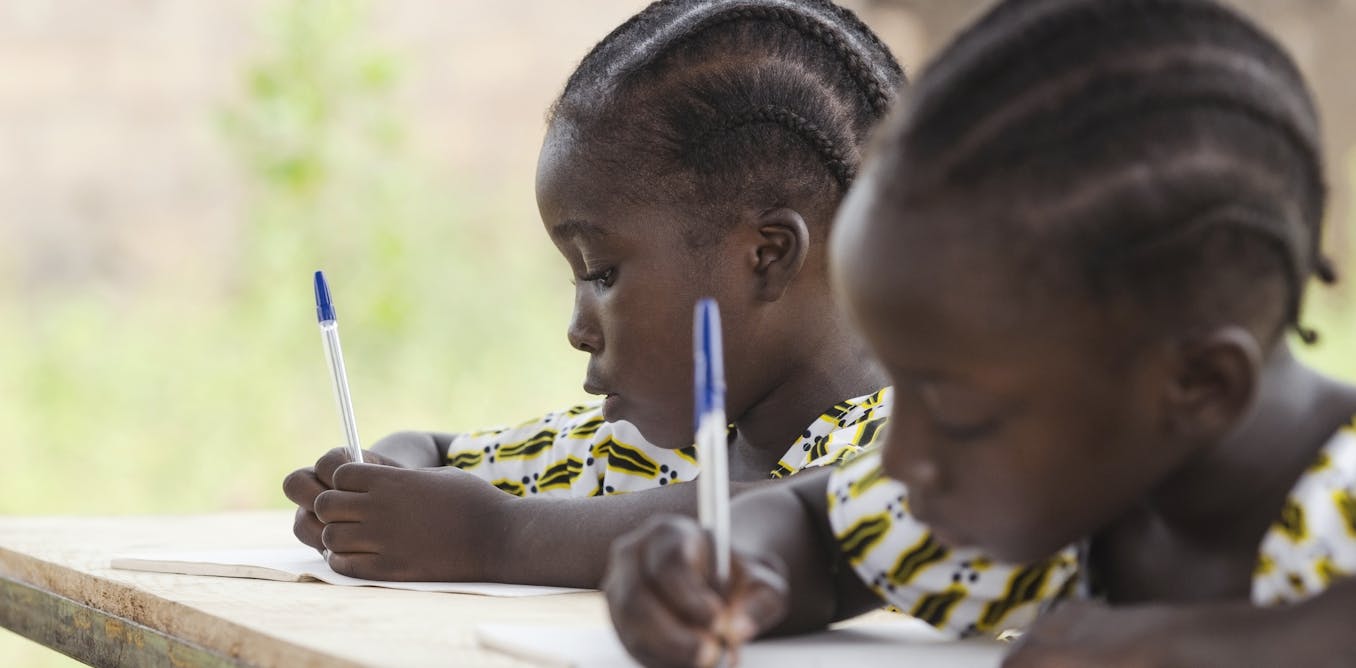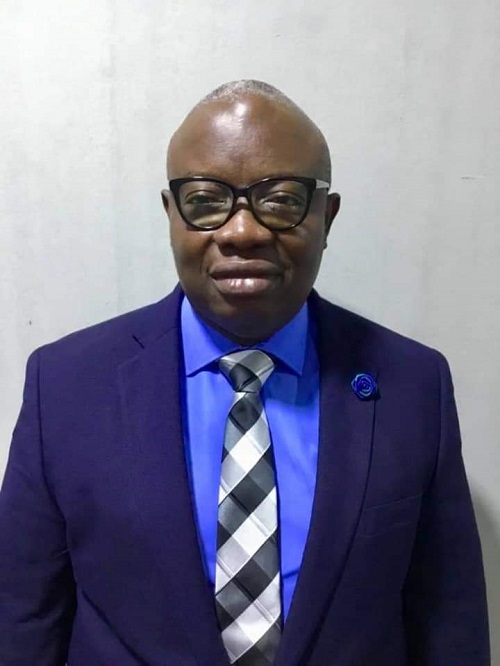Gender Imbalance: Nigeria at loss, groups assert
By Henry Uche, Lagos Conversations on the advancement of women in society took the front burner last week at a conference that maintained that Nigeria is at a loss if the question of gender imbalance is not addressed. At the 2021 Future of Health Conference on the theme “Breaking The Glass Ceiling”, organised by Nigeria […] The post Gender Imbalance: Nigeria at loss, groups assert appeared first on The Sun Nigeria.

By Henry Uche, Lagos
Conversations on the advancement of women in society took the front burner last week at a conference that maintained that Nigeria is at a loss if the question of gender imbalance is not addressed.
At the 2021 Future of Health Conference on the theme “Breaking The Glass Ceiling”, organised by Nigeria Health Watch (NHW), the diverse panellists – selected from policymaking bodies, healthcare professionals, development partners, Civil Society Organisations, (CSOs), Non-Government Organisations, (NGOs), Ministries, Departments and Agencies, (MDAs) and the media – were keen on proffering solutions on the underrepresentation of women and its impact on society.
During the 2-day conference which focused on “Gender Equality for Sustainable Development” on day one and “Gender Equality to Improve Access to Quality Women’s Health Care” on day two, reference was made to countries like Rwanda, Cuba and Bolivia which have a significant number of women in their parliaments and other decision-making bodies. These countries were recognised as forward-thinking societies that understand the place of women in the socio-economic development in any society.
According to Nigeria Health Watch, a very recent example of gender imbalance was that during the COVID-19 response, although women accounted for 70% of the global health workforce at the frontline of the response, only one in 10 representatives on COVID-19 taskforces were women.
At the conference, experts decried the dearth of funds for family planning, population growth and demographic management in the 2022 budget, saying such omission was very debilitating and could have a colossal effect. They pushed for a balance on gender-responsive policies both at the federal and state government levels.
During the discourse, Dr Abasi Eno-Obong, the founder of 54gene, stated: ‘We need to support women by speaking up and, giving them a chance to explore opportunities to imprint their names in the sands of time.’
The need for concerted efforts to give more women access to healthcare services was also part of the discourse. In a complementary voice, they maintained that there was a need to push for gender equality for quality health care services for women, as well as fostering dialogue to understand the barriers that prevent women from accessing the supposed quality healthcare. This is because, gender inequality impacts the health and social status of women and girls and their access to economic and educational resources, amongst others.
In decision making and planning, women were encouraged to be critical partners. According to experts, if there is a woman behind every successful man, why then are women in this part of the world not given the same opportunity to thrive as their counterparts globally? As a way of caution, they said, ‘men must be careful in deciding the fate/ destinies of women in their lives ( girl-child, wives, others) they should instead support them.
The conference also sought to disabuse the minds of people, especially men, who hold erroneous beliefs and sentiments against women, particularly regarding leadership. Leaders of thoughts averred that there was no basis to relegate women to the background, noting that the difference between men and women is only physical- extrinsic, saying that every other thing men possess (mentally and otherwise) can be seen in women. In other words, women have the skills, capacity, capabilities, competence and character to even do better- they’re only inhibited. Thus, the need to disenchant some people’s perception of women and let them (women) soar is paramount because women’s issue is a societal one.
Biola Alabi, CEO of Biola Alabi Media, urged women to take responsibility and challenge the status quo. Speaking during a panel discussion with the topic “Women in Media”, she said: ‘We implore women in the media space to leave no stone unturned in ensuring that they maximally use their offices to propagate and advance the course of women and take necessary actions to bring them to the heights of their career. We are not asking for a favour but support to compete and “get there”.’
Speaking on the second day of the conference, the Senior Technical Adviser, Tony Blair Institute, Dr Ebere Okereke, decried the level of decay and devastation in the health system: ‘The health system was not designed to favour anyone, worse still, it is very difficult for women and the girl child to access quality health care services.’ She noted that Nigeria currently has the highest number of uneducated women as well as one of the highest Maternal mortality rates in the world.
She further stated that men could be change agents and catalysts to better the lot of women. ‘We can’t achieve more with one of our hands tied behind us. We need adequate funding for family planning and population growth challenges as well as to invest in the girl child education, all hands must be on deck to make these agitations come through,’ she said.
For Mrs Fabia Ogunmeka, the Executive Director, Women in Successful Careers (WISCAR), the girl child ought to be caught at a tender age, tutored and guided to maximize her potentialities. She said ‘girls are the next generation women leaders, so we need to do everything possible today to shape and secure their future.’
During her keynote address, Honourable Oriyomi Onanuga, Chairperson, House Committee on Women Affairs, stated that women are incubators and multipliers who act like lubricants in the wheel of any journey of life. She advocated for compulsory but free basic education for the girl child, massive investment in vocational skills acquisition as well as single digits loans for women. ‘Our women and the girl child must refuse to be useful only in the kitchen. We must learn different crafts because there is more to being a woman than just getting married and having children,’ she charged.
Vivianne Ihekweazu, Managing Director, Nigeria Health Watch, said that ‘reducing gender inequality and addressing harmful gender norms should be a top priority to ensure that healthcare delivery is gender-responsive. Elevating the voices of women and girls through the media, ensuring more gender-balanced representation at the leadership level supported by men standing in solidarity with women should drive improved sustainable development outcomes.’
She also said ‘men are often the decision-makers in families and determine women’s access and use of health services. Men should be change agents in supporting women’s health as it is critical to give top priority to health issues that disproportionately impact women.’
Ihekweazu added that Nigeria Health Watch will continue to deploy informed advocacy and communication to influence health policy and seek better health and access to healthcare in Nigeria. ‘We seek to amplify some of the great works happening in the health sector, challenge the bad, and create a space for positive ideas and action,’ she concluded.
Participants agreed that monarchs and community heads should leverage their influence to advocate for improvement in health care and general wellness of the girl child and women in the grassroots. They also urged NGOs to engage with and educate community heads to better equip them to make informed decisions in their communities.
Others believe that if the men and women on whose shoulders rest the onus to take conscientious action to advance the course of women and girl child, to access quality health care services, participate in leadership and policymaking across the board, fail to do so, then all efforts geared in this direction remain a mirage.
The post Gender Imbalance: Nigeria at loss, groups assert appeared first on The Sun Nigeria.
What's Your Reaction?






















































































